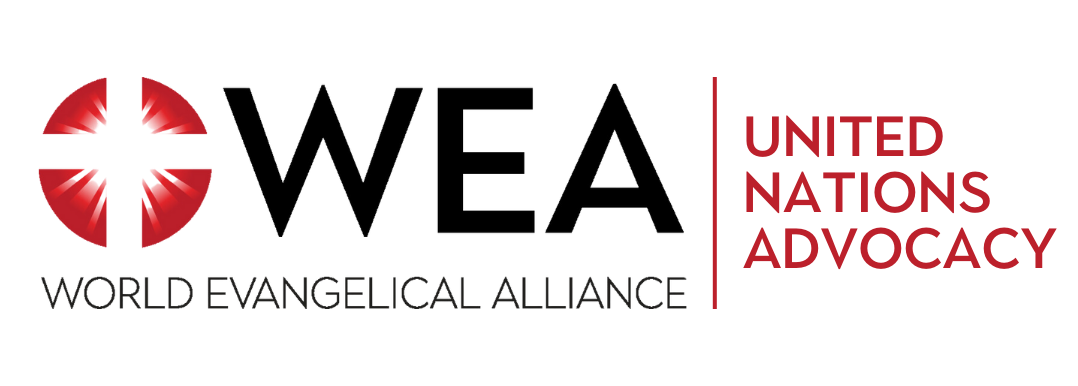the United Nations
in Geneva
Participating in the UN: a Way to Achieve Change at Local Level
WEA is present at all sessions of the Human Rights Council (HRC) of the U.N. and actively engages in defence of human rights and Christian public engagement. Please read our recent statements and reports to the HRC. You can always contact us about human rights issues at [email protected].
We also participate in the Universal Periodic Review (UPR), a new and unique mechanism of the HRC aiming at improving the human rights situation on the ground of each of the 193 United Nations (UN) Member States.
The Universal Periodic Review
Under this mechanism, the human rights situation of all UN Member States is reviewed every 4.5 years. The country under review proceeds to a self-evaluation and receives comments and recommendations from the other States. Religious and other civil society organisations can present their own findings. The State under review is supposed also to consult with the civil society originations of the country during the preparation of the report as well as for the follow-up.
42 States are reviewed each year during three Working Group sessions dedicated to 14 States each. These three sessions are usually held in January/February, May/June and October/November.
The result of each review is reflected in an “outcome report” listing the recommendations the State under review (SuR) will have to implement before the next review.
The UPR is a full-circle process comprising of 3 key stages:
- Review of the human rights situation of the SuR;
- Implementation between two reviews (4.5 years) by the SuR of the recommendations received and the voluntary pledges made;
- Reporting at the next review on the implementation of those recommendations and pledges and on the human rights situation in the country since the previous review.
WEA’s Participation in the UPR Process
The WEA and its Liaison Office at the UN in Geneva are available to channel the concerns of national Evangelical Alliances and their constituencies at UN level. These concerns can be about religious freedom, about the situation of vulnerable people in the country or any other justice and human rights issue. In our experience, going at the international level can be a very efficient and complementary tool to achieve change at national and local level. Participating in this process is also a way to profile National Evangelical Alliance and often leads to intensification of contacts with officials.
WEA can assist Evangelical Alliances (EA) and other constituencies to:
- prepare a human rights report on the area of concern identified by EA and grassroots organisations;
- carry lobbying activities with diplomatic missions in Geneva, in order to convince them to raise these concerns and make recommendations to your government;
- follow-up, with statements at the Human Rights Council, commenting the process and the State’s record;
- work in favour of the implementation of the recommendations at local level.
You can find more information on the UPR mechanism at https://upr-info.org/en/upr-process/what-upr/introduction-brief-history
Click here to view the UPR and other reports that the WEA submitted to date.
